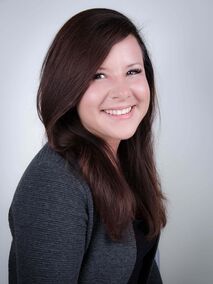General information & interesting facts
Rare diseases are usually congenital and 80 per cent of them are genetic. For the colleagues at the Genetic Polyclinic at the Institute of Human Genetics, the search for the causes of rare diseases is part of their everyday work.
The medical services of the Institute of Human Genetics are provided from the Genetic Polyclinic. They include
- Genetic consultations, which are open to all persons who have a congenital malformation, disability or genetic disease or who fear this for themselves or their offspring.
- Consultation services at Heidelberg University Hospital and other clinics, hospitals, socio-paediatric centres and other medical facilities.
- Post-mortem clinical-genetic assessments.
How you can prepare the first contact
If you would like to make an appointment at the FBREK Centre or at another consultation for hereditary tumour disposition, we will ask you questions about your medical history and family history in advance:
Have you or any of your relatives had cancer?
- Who (e.g. "father's sister")?
- Which cancer? (e.g. "breast cancer on both sides" or "black skin cancer")
- Age at onset of tumour as precisely as possible
Have you or your family already had a genetic test? What was the result? Are the laboratory results available?
It will help us a lot if you have this information ready before the first telephone call.
Thank you very much!
The most important telephone numbers / contact options for patients
Familial breast cancer and other familial tumour diseases
Registration and telephone availability:
Monday to Friday, 8:30 am - 12:30 pm
Or by e-mail
General genetic diseases (not cancer)
Registration and telephone availability:
Monday to Friday 08:30 am - 12:00 pm
Or by e-mail
Clinical enquiries from medical colleagues
Please contact the following telephone number.
Requests for findings from medical colleagues
Cytogenetics
Further information on cytogenetics can be found here or by calling the following number:
Molecular Genetics
Further information on molecular genetics can be found here or by calling the following telephone number:
Molecular cytogenetics
Further information on molecular cytogenetics can be found here or by calling the following telephone number:
Address / Directions
Address
Genetic Polyclinic
Im Neuenheimer Feld 440
69120 Heidelberg
Range of services
Genetic consultation
Overview of the various consultation hours:
- General genetic issues
- Familial cancers
- Breast/ovarian cancer
- Familial colorectal cancer
- Other tumour predisposition syndromes
- Pregnancy and PID
Interdisciplinary consultation:
- Neuropaediatric-genetic
- Paediatric oncological-genetic (KPS)
- Cardiological-genetic
- Dup15q
- Amyloidosis
Medical colleagues can find further information on requesting consultation services here.
TASKS
The genetic consultation is a medical service offered to anyone who has congenital malformations, disabilities or genetic diseases or who fears that they or their offspring may have them.
THE GENETIC CONSULTATION INCLUDES
- Taking your own medical history (anamnesis)
- the health history of family members up to the grandparents' generation (family tree)
- information on general genetic risks and assessment of the specific genetic risk
- comprehensive information about the underlying disability, malformation or disease
- information on the possibilities, limitations and risks of prenatal diagnostics in the case of a desire to have children or an existing pregnancy
- a physical examination, if necessary
- if necessary and possible to clarify the issue, a blood sample for further genetic laboratory diagnostics
- if necessary to clarify the issue, organisation of further examinations in other departments of the clinic.
HOW DOES A GENETIC CONSULTATION WORK?
You can contact the Genetic Polyclinic in writing by e-mail or by telephone and make an appointment.
You will then have a detailed discussion with the specially trained doctors who work there. Sometimes further consultations are necessary. Laboratory tests are often necessary to confirm a genetic diagnosis. If the diagnosis has already been confirmed, it is possible to give you a percentage probability for this specific disease for yourself or your offspring. Numbers always reflect probabilities for the occurrence of an event. Even if a low probability is given for a specific disease, disability or malformation, this does not mean that its occurrence is ruled out.
In the case of unclear clinical pictures and malformations, an attempt is made to make a diagnostic classification by comparison with other cases and the specialist literature. In individual cases, a statement can be made about the cause and the level of probability.
In the case of unclear diagnoses, we can only estimate the probability.
WHO IS ELIGIBLE FOR A GENETIC CONSULTATION?
Families or individuals can contact the Genetic Polyclinic,
- if they themselves are affected by a hereditary disease or suspect that they are,
- if their child was born with a possibly or definitely hereditary disease or malformation,
- if hereditary diseases have occurred or are suspected in close relatives,
- if both partners are related to each other,
- if parents want to find out about the age-related risk and/or prenatal diagnosis,
- if external factors (infections, radiation, medication, chemicals) have affected them or the child before or during the pregnancy
You can contact the Genetic Polyclinic in writing or by telephone and make an appointment.
In the case of recurrent miscarriages, please contact the Special Consultation for Recurrent Miscarriages at the University Women's Hospital here.
If you are unable to conceive, please contact the Fertility Outpatient Clinic at the University Women's Hospital here.
FOR THE GENETIC CONSULTATION WE NEED
- the existing medical documents and findings about the patient(s)
- genetic findings about the patient or patients in the family
- Information about illnesses in your family
- if applicable, photos from childhood and family photos
- the maternity record
- the children's yellow examination booklets
WHO BEARS THE COSTS OF GENETIC COUNSELLING?
The costs of genetic counselling are generally covered by health insurance companies. Patients with health insurance must present a referral slip for all persons attending the consultation.
Familial cancers
We offer the following consultation hours for familial cancers:
- Breast/ovarian cancer
Further information on breast and ovarian cancer can be found on FBREK.
- Bowel cancer
Bowel cancer is one of the most common forms of cancer. It is estimated that 10 to 20 per cent of cases have a hereditary cause. A hereditary cause must be considered above all if several relatives are affected or the disease occurs before the age of 50. The most common form of hereditary bowel cancer occurs as part of HNPCC syndrome. In addition to bowel cancer, malignant tumours of the uterus and a number of other tumours can also occur in affected families. The Heidelberg Centre offers patients, their relatives and families seeking advice comprehensive counselling and support. Detailed information on genetic counselling for patients and their families can be found in the Familial Colorectal Cancer brochure.
- Other tumour predisposition syndromes
Pregnancy and PGD
PREGNANCY
As part of an existing pregnancy, we offer genetic counselling for the following questions, among others:
- Ultrasound abnormalities in the expected child
- Known predisposition of the pregnant woman and/or the child's father to a genetic disease
- Genetic disease in the family of the pregnant woman and/or the father of the child
When caring for pregnant women, we work closely with the prenatal medicine and ultrasound diagnostics section of the local women's clinic, which has extensive experience in the differentiated ultrasound examination of unborn babies and carries out invasive examinations such as chorionic villus sampling and amniocentesis (amniocentesis). The genetic tests on the chorionic villi or the amniotic fluid sample are then carried out by our institute or at our request.
PGD
In cooperation with the Department of Gynaecological Endocrinology and Fertility Disorders (Fertility Outpatient Clinic) of the local Women's Clinic and the Clinic for General Internal Medicine and Psychosomatics, we offer pre-implantation genetic diagnosis (PGD) for couples with a high probability of having offspring with serious genetic disorders. Further information on PGD at the PGD Centre at Heidelberg University Hospital can be found here: Link
Interdisciplinary consultation hours
Together with colleagues from other specialities, we offer the following interdisciplinary consultation hours:
- Neuropaediatric-genetic
- Paediatric oncology genetics (KPS)
- Haemato-oncological-genetic
- Neurocutaneous diseases
- Cardiological-genetic
- Dup15q syndrome
- Amyloidosis
Request for counselling services
WITHIN THE HOSPITAL
Via ISH-med by means of a consultation request
Exception:
- Clinical-genetic assessment of foetuses
- Fetal pathological-human genetic examination
EXTERNAL ENQUIRIES
The team
Management team
Management
Deputy management
Head of Prenatal Diagnostics / PID
Head of Patient Management
Doctors and physicians
Organisation of consultation hours and patient management
Patient admission
FAQ
Answers to important questions
How do I get an appointment?
- Data recording, findings etc.
- Examination by the doctor
- Appointment if necessary
What documents are required for an appointment?
- Yellow U-booklet
- Relevant findings
- Referral slip
- Insurance card
- For EU patients: S2 certificate etc.
Is a referral slip always required?
- Yes
- From whom?
- What must be written on it?
What documents are required for the examination of a child?
- The same documents as for an adult?
- The data of the biological parents may be required to clarify the illness
How will the examination proceed?
- Counselling
- Blood sample
- Depending on the result, an adapted examination
Do I have to fast?
- No, you can eat and drink normally
Can I bring a companion with me?
- Yes
What information is required when I request an appointment by e-mail?
- Please ask a question and provide your full contact details: Surname, first name, date of birth, address, telephone number, health insurance company with federal state (e.g. AOK BW)
- Please attach all relevant documents in an unchangeable file format (PDF) to your e-mail
- In addition, please always state the full name and date of birth of the person concerned/to be clarified
Where do I have to report?
- Control centre 3 of the genetic polyclinic
- Im Neuenheimer Feld 440 (INF 440) Main entrance to the Department of Paediatrics, Dermatology and Gynaecology
Where can I park?
- Directly in front of the Department of Paediatrics, Dermatology and Gynaecology (Im Neuenheimer Feld 440)
- Multi-storey car park Children's, Dermatology and Gynaecology Clinic (Im Neuenheimer Feld 699)
- Please note that all car parks around the clinic are subject to a charge
Explanatory videos (GenKI)
On this website you will find short videos explaining the procedure and content of genetic consultations.
![[Translate to English:] [Translate to English:]](/fileadmin/_processed_/8/2/csm_20131204_Beratung_035_a396c6c6e5.jpg)
![[Translate to English:] [Translate to English:]](/fileadmin/_processed_/a/0/csm_20170627_PflegeOrtho_001_fb912471fa.jpg)
![[Translate to English:] [Translate to English:]](/fileadmin/_processed_/f/c/csm_20170215_LaborOMZ_155_c0169c0898.jpg)
![[Translate to English:] [Translate to English:]](/fileadmin/_processed_/2/c/csm_20180523_Labor_139_6ebb9a0a1b.jpg)
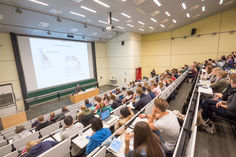
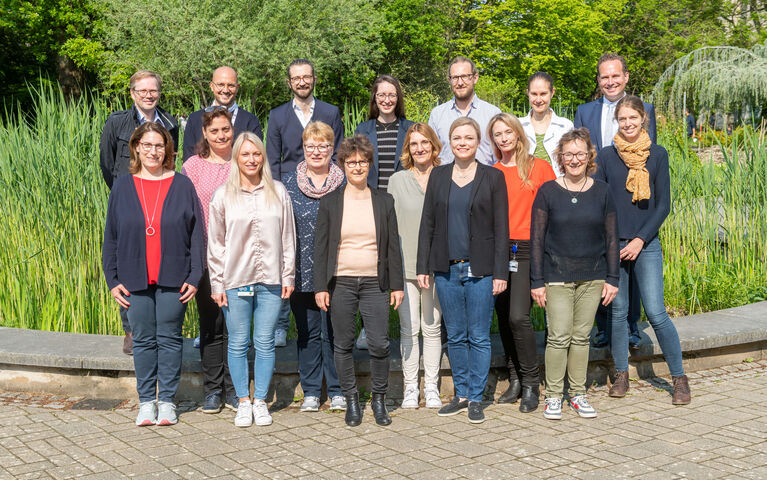
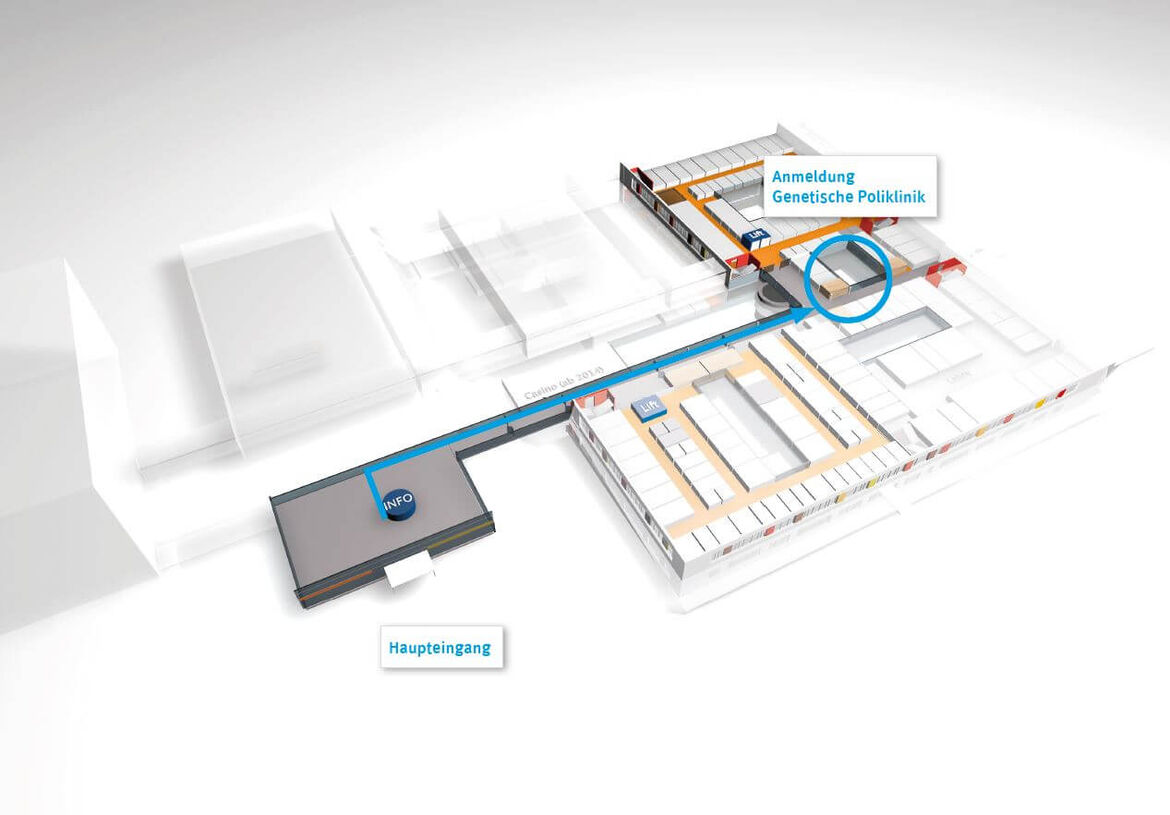
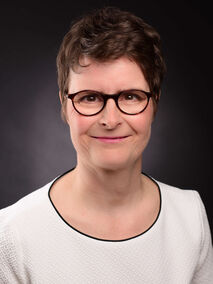
![[Translate to English:] Portrait von Dr. med. Nicola Dikow [Translate to English:] Portrait von Dr. med. Nicola Dikow](/fileadmin/_processed_/3/1/csm_Dikow_Nicola_083ba6df5e.jpg)
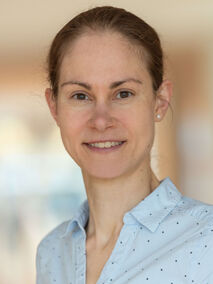

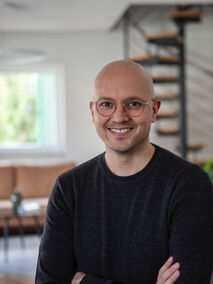
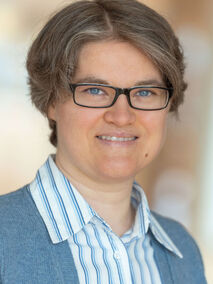
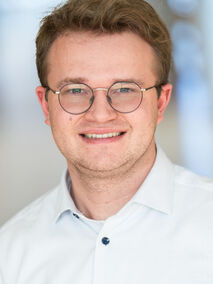

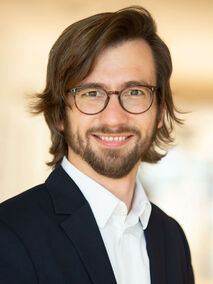
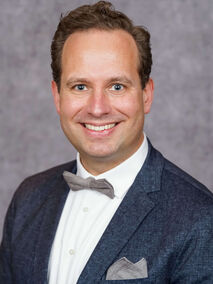
![[Translate to English:] Portrait von Prof. Dr. med. Matias Simons [Translate to English:] Portrait von Prof. Dr. med. Matias Simons](/fileadmin/_processed_/4/b/csm_Simons_Matias_c354cb2e26.jpg)

